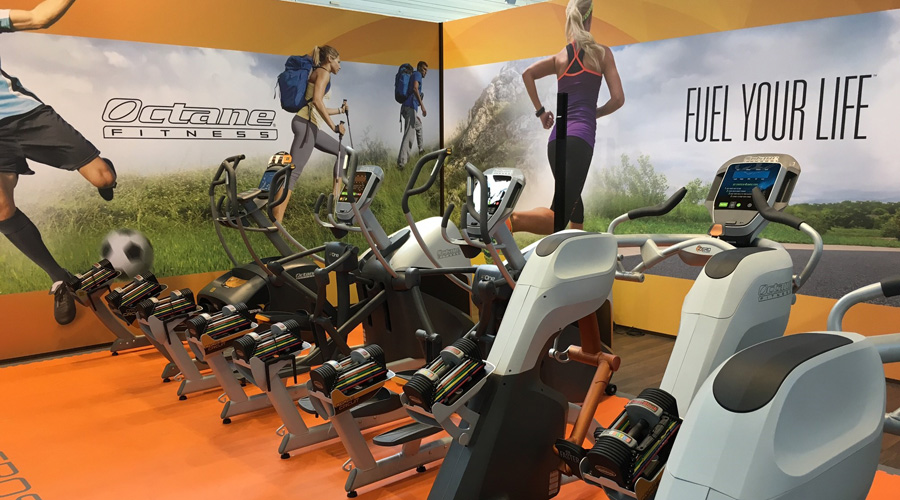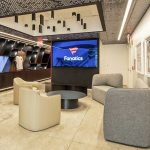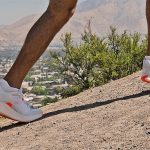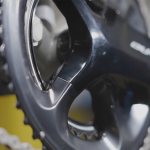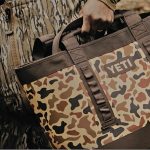By David Clucas
The resurgence in fitness equipment sales continues.
Nautilus Inc. (NYSE:NLS) joined its market peers in reporting strong results for the second quarter, with its sales surging 32 percent to $78.5 million. While much of those gains came from the company’s purchase of smaller rival Octane Fitness earlier in the year, it also saw growth from its existing direct and retail business, Nautilus CEO Bruce Cazenave told investors.
Better yet for the company, officials said Nautilus has successfully been managing the recent “disruptions” in the retail space — including changes of ownership and consolidation in the specialty retail sector and liquidations at national chains such as Sport Authority and Sport Chalet — with no major discounting planned for the fall.
In the second quarter, Nautilus’ retail business (equipment sold to third-party retailers) out-shined its direct-to-consumer channel, with retail sales up 19 percent (organically) and up 89 percent to $32.9 million with the addition of Octane Fitness. The direct business grew 8 percent to $44.9 million with more than 62 percent of its sales online, and one-third of them from mobile devices, officials said.
Inventories inched up less than 1 percent to $43 million, as of June 30, compared to the end of the first quarter, albeit they were up 50 percent from the year-ago period due to the Octane acquisition.
“The improvement of retail net sales reflects strong double-digit growth across both the cardio and strength components of the organic retail business, coupled with improved international sales year-over-year and the addition of Octane Fitness sales to the retail segment,” said CFO Sid Nayar. “We feel our retail channel growth is outpacing industry performance, and based on our known orders and account feedback on plans for the fall, we anticipate continued retail segment growth in the second half of 2016.”
It’s quite the shift for the company, which in recent past years saw much of its growth on the direct-to-consumer side with higher margins. The DTC channel still makes up a majority of Nautilus’ sales, but acquisition of Octane helped it re-ignite the retail side of the business.
Nautilus officials said they would try to leverage the recent retail success to strengthen omni-channel strategies by using some of its direct-marketing channels to test a single product — the Max Trainer M3 — that will be available for in-store purchase only through a single, yet-to-be-disclosed retailer.
“We are still reaching large segments of the consumer market who are interested in our products but will not buy unless they can try it or purchase it from a traditional retailer,” Nautilus COO Bill McMahon said. “We have controls in place for this effort, and we feel there is minimal risk to our direct business performance but potentially significant upside in terms of reaching incremental consumers.”
Gross margins during the second quarter improved by 190 basis points to 53.3 percent with help from Octane Fitness, whose product carries larger margins. Second-quarter gross margins increased 490 basis points in the direct segment to 67.1 percent and were up 1,000 basis points in the retail segment to 33.5 percent.
Second-quarter net income, including discontinued operations, came in at $3.5 million, or 11 cents per diluted share, versus $2.4 million, or 8 cents, during the same period a year ago.
Nautilus ended the first half of 2016 with $73.5 million in cash and investments and $72 million in debt, both improving from $60.8 million in cash and $80 million in debt at the end of last year.
Lead photo courtesy Octane Fitness/Nautilus Inc.

